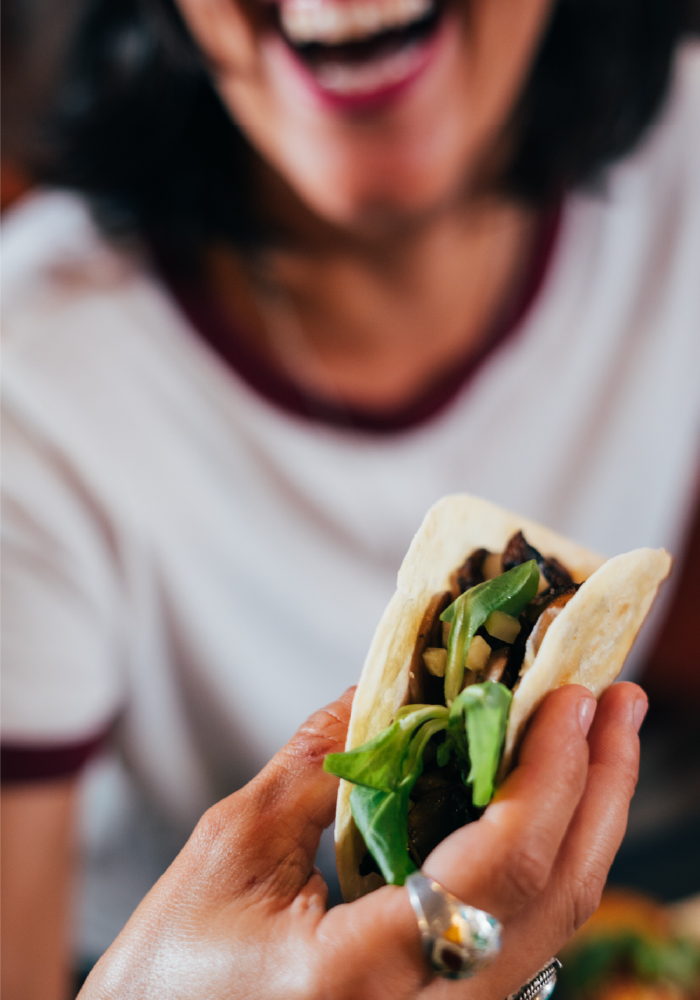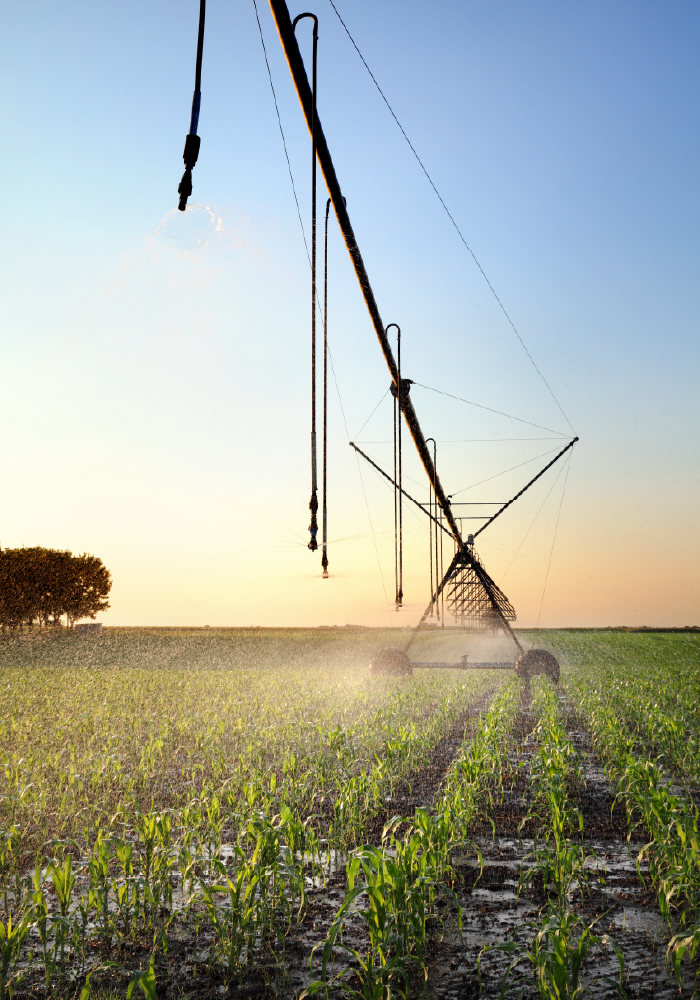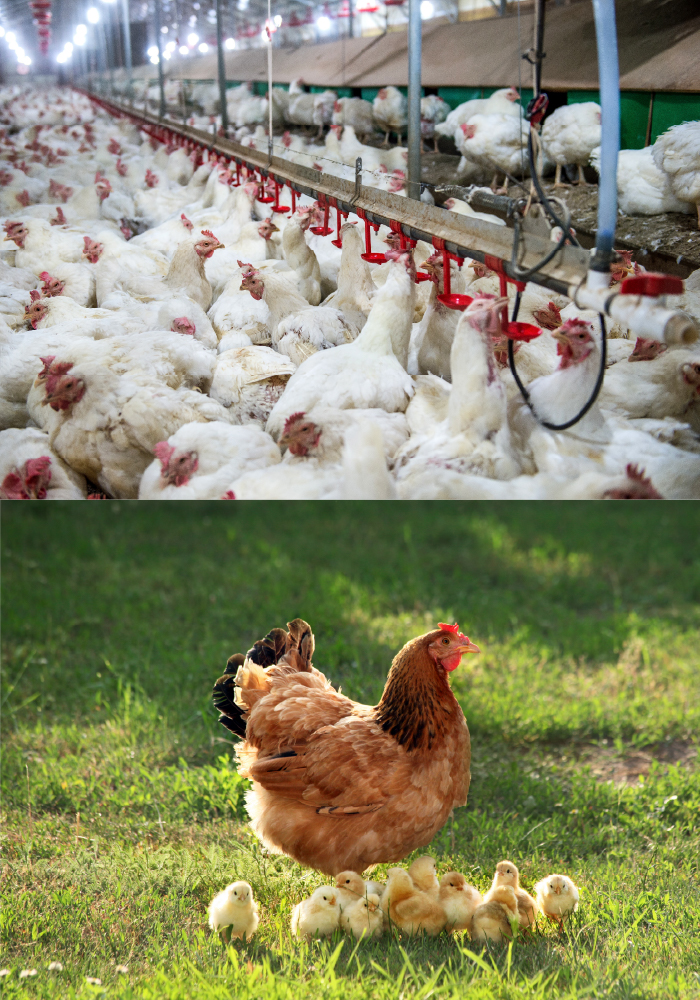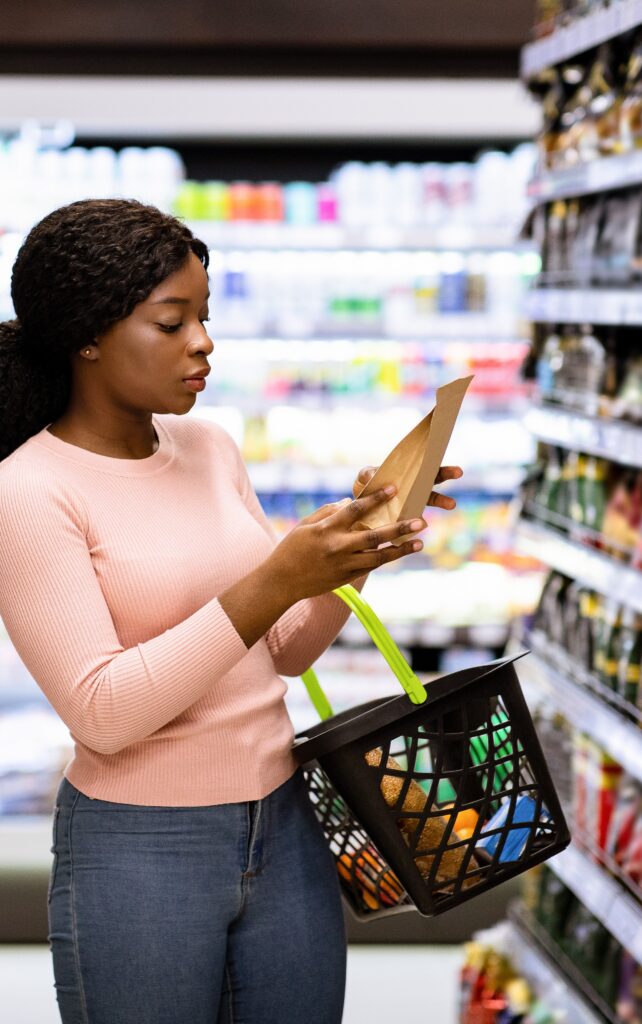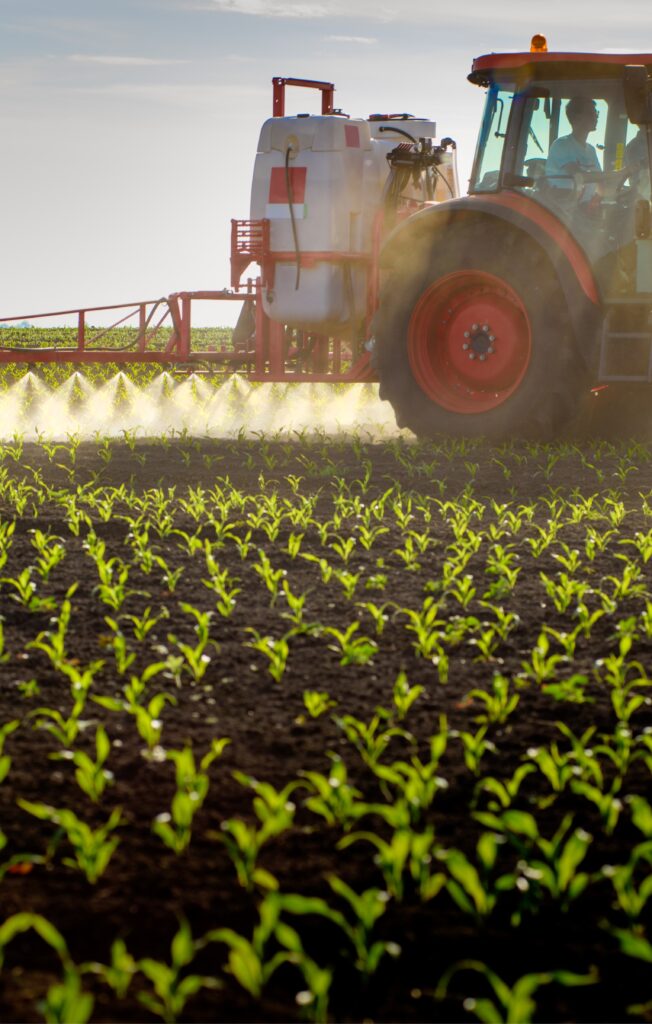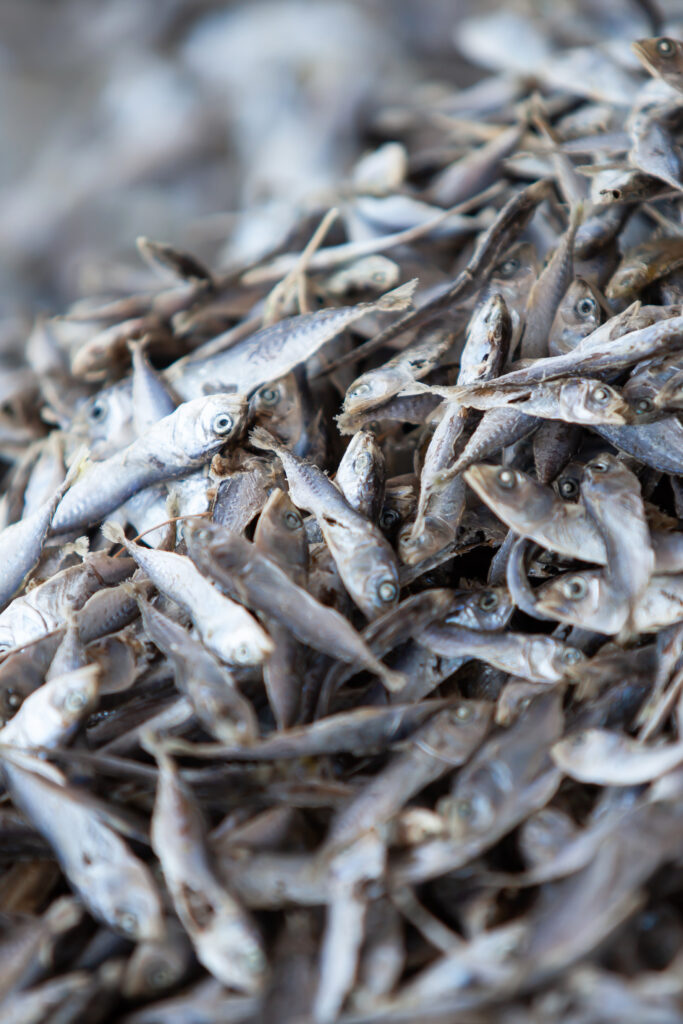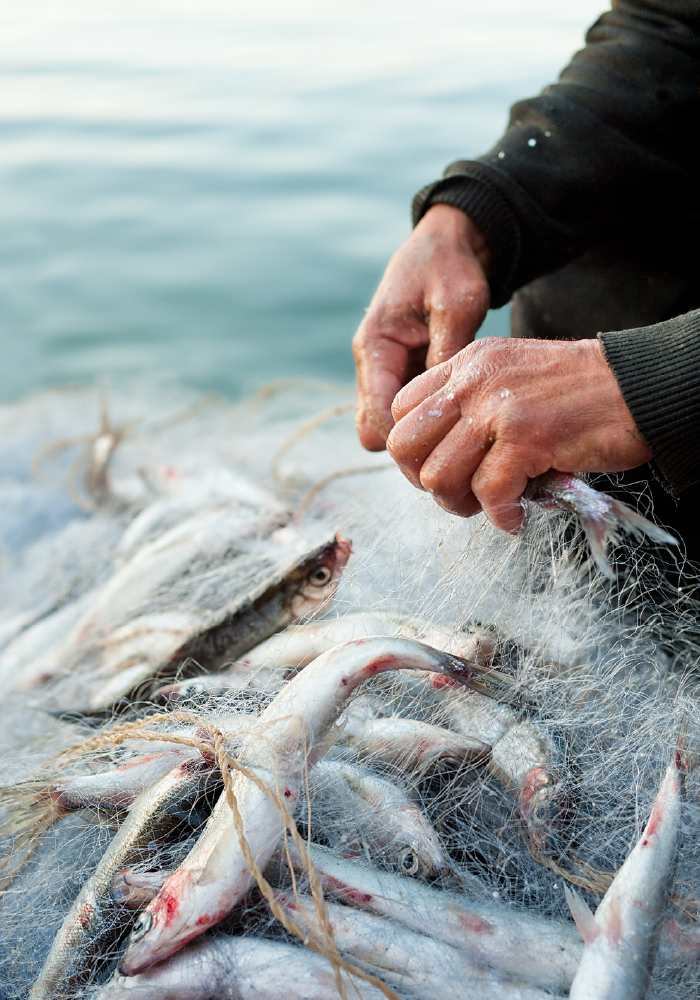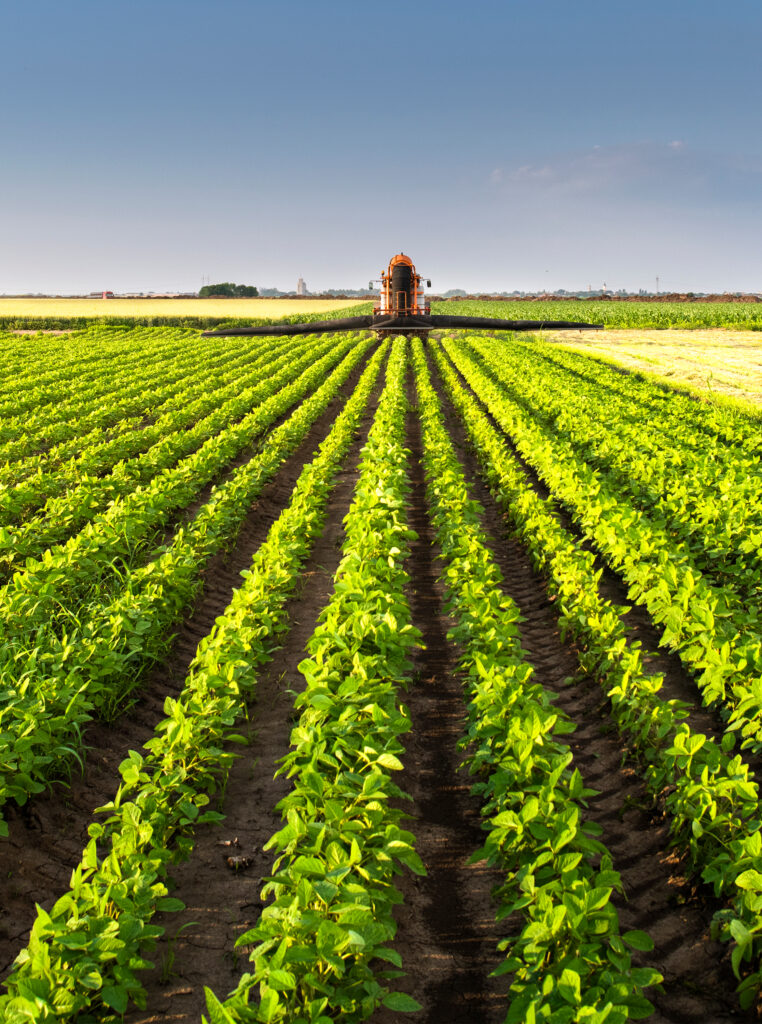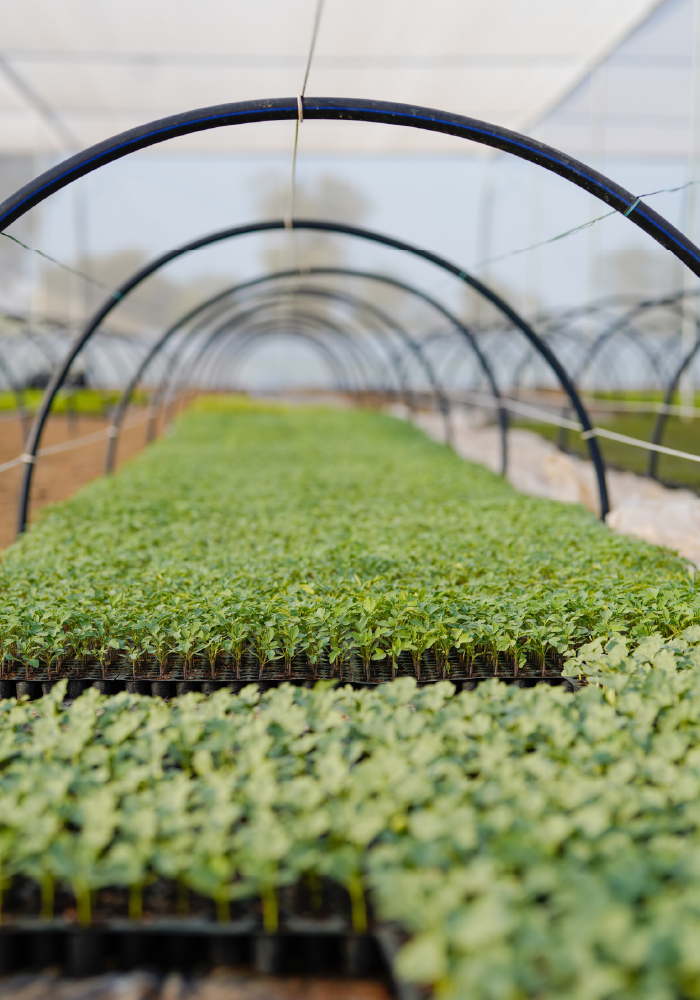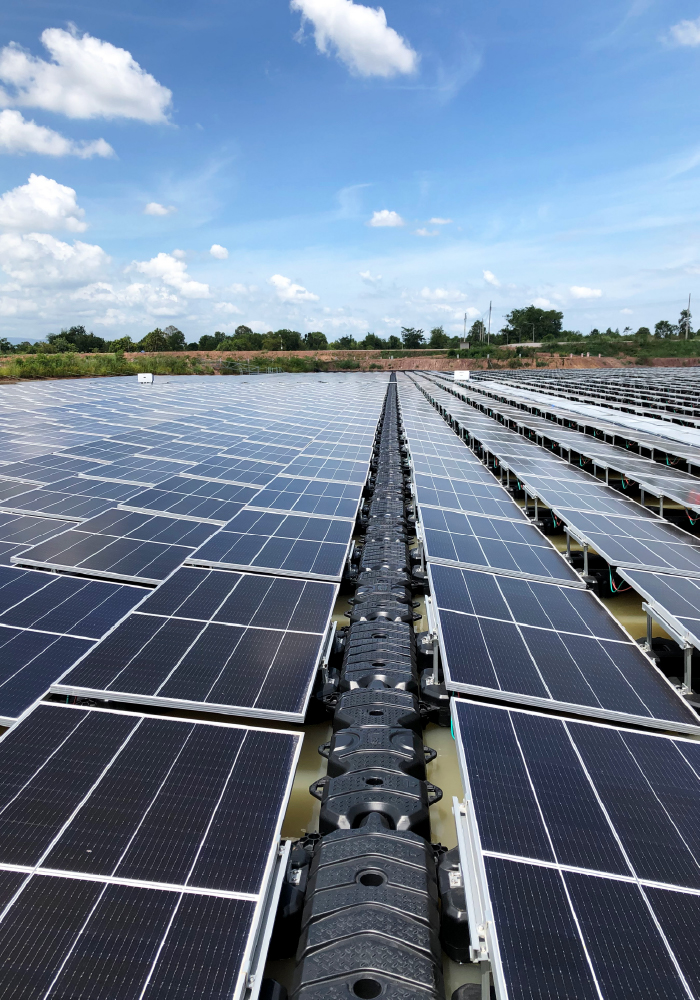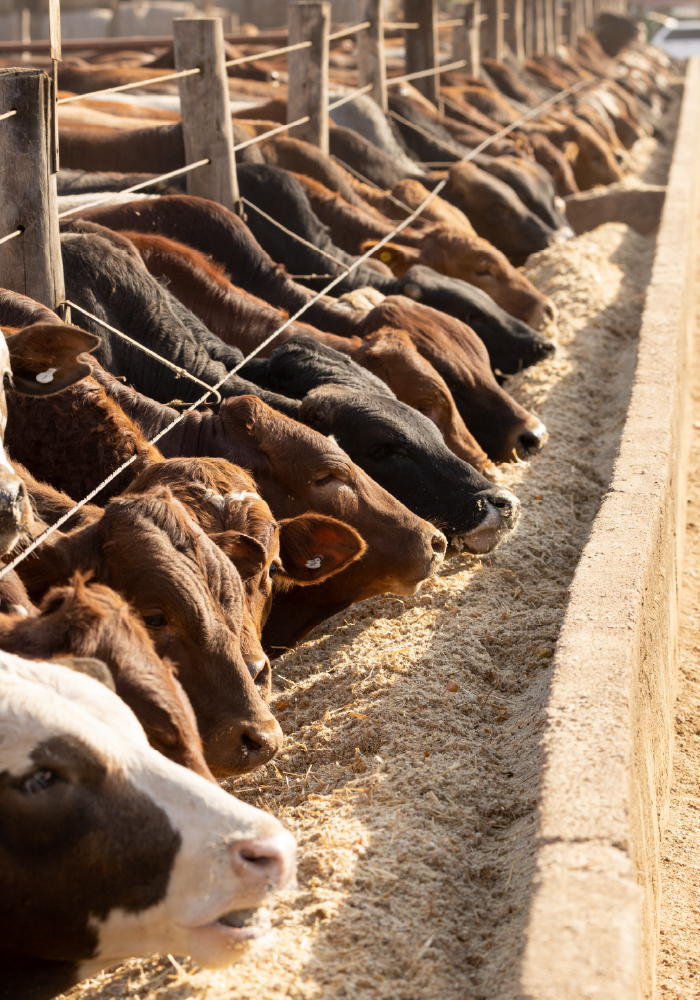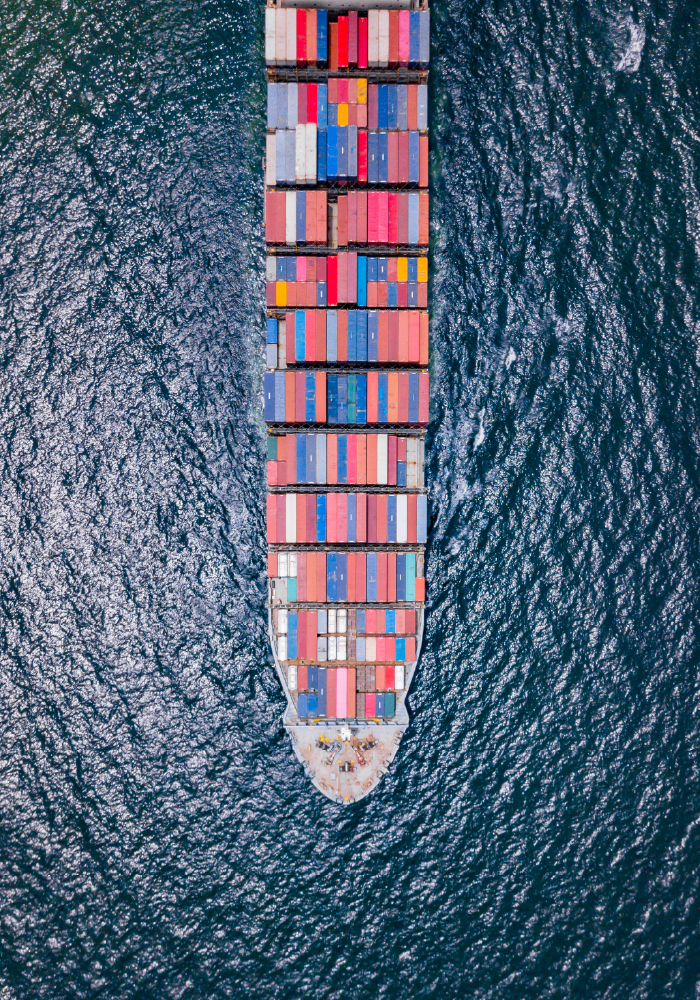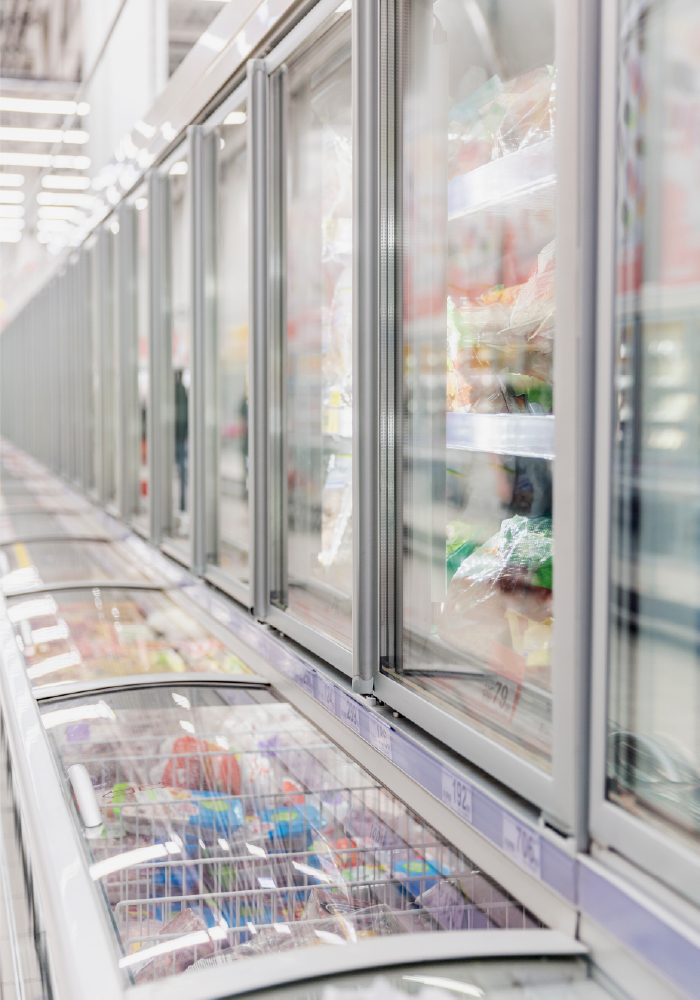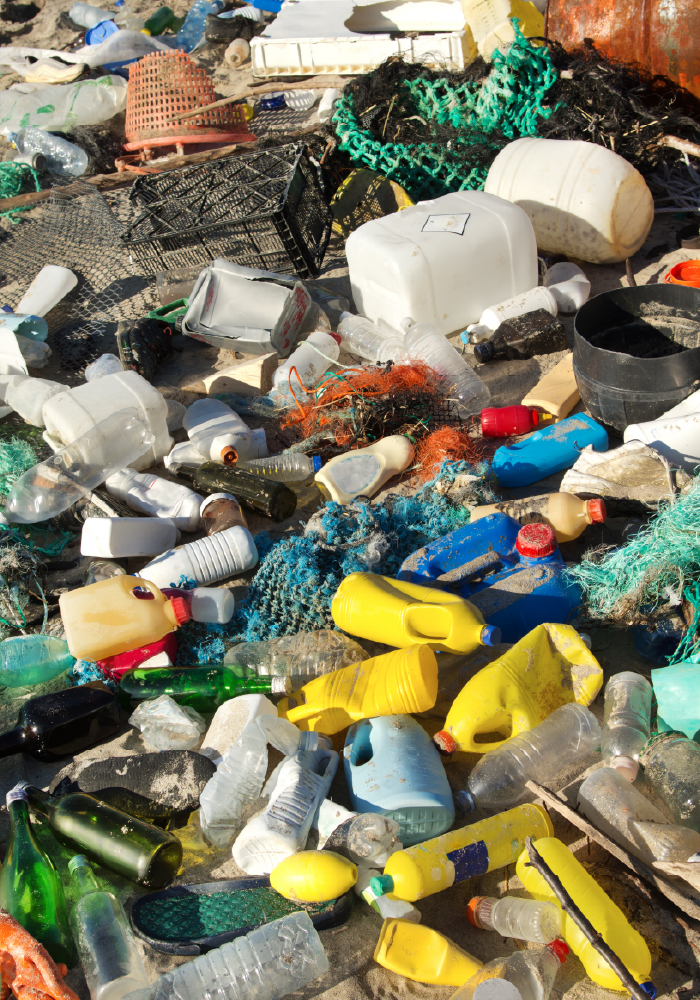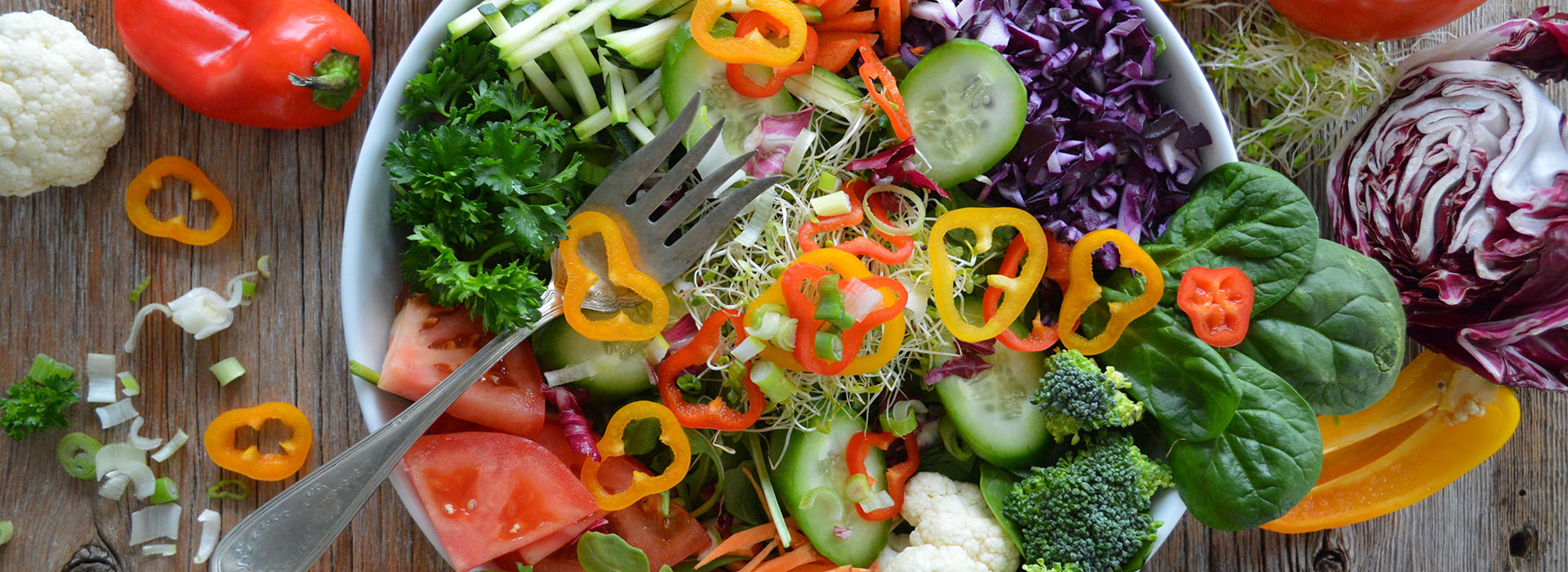
- Back to blog
- 22 November 2022
- Do not miss
- Latest news
Eat sustainably in 8 key steps
Vous souhaitez consommer plus durable, mais ne savez pas par où commencer ? Bonne nouvelle, pas besoin d’être parfait.e! Avec de nombreuses idées simples à mettre en place, Beelong vous accompagne pas à pas pour changer vos habitudes alimentaires. Et si vous commenciez déjà par trois actions parmi ces huit pratiques de base💡? Ce serait une étape de plus que la moyenne des Suisses.
👉🏻 For professionals, the Recommendations for public purchases managers in the field of food, rédigées par Beelong sur mandat de l’Office fédéral de l’environnement (OFEV), contiennent aussi de nombreuses informations ciblées et des critères d’achats.
1. Adopt responsible consumption of animal products 🐂
To vary protein sources and reduce animal products, it is recommended to :
- vary animal and vegetable proteins (e.g. legumes)
- reduce the frequency of meat consumption (max. 2 to 3 times per week), as recommended by the Swiss Society of Nutrition;
- include low meat cuts, which can have up to 3 times less environmental impact (e.g. Nose to tail" recipes)
- to pay attention to the conditions of breeding and animal welfare, in particular via the labels (see for example the guide of " Manger avec du cœur "and the recommendations of Quatre Pattes).
2. Avoiding food waste (food waste) 🚯
The Save Food, Fight Waste initiative by the Pusch Foundation, or the WWF, for example, detail simple steps to reduce food waste and its impacts:
- Always make a shopping list and plan your meals;
- avoid unnecessary purchases;
- give preference to fresh products;
- store food properly;
- rely on your senses after the expiration date of shelf-stable foods;
- be inspired by recipe books and websites;
- Take your leftovers home to eat later;
- dispose of your garbage in the right place.
3. Give preference to Swiss products, and avoid transport by air ✈️
In order to reduce the harmful effects of transportation from production to consumption of foodstuffs, there are two principles to follow:
- Give preference to products grown, raised, fished and processed in the region (not to be confused with the place of processing, preparation and packaging);
- avoid imported products by air.
4. Favour products from sustainable production methods (e.g. organic) and fair trade 🤝🏻
Cultivation methods (fertilizer and phytosanitary product management, soil and water management, maintenance of biodiversity), farming methods (animal welfare, resource use, greenhouse gas emissions) and working conditions in agriculture vary greatly and so do their impacts. Here is the information to pay attention to in order to limit them:
- give preference to organic labels (e.g. Bio Bud, Bio EU);
- give preference to fish with a credible label (e.g. MSC and Friend of the Sea for fishing, Organic and ASC for farming);
- give preference to products (meat, eggs, dairy products) from farms where the conditions of keeping the animals guarantee the respect of natural resources and a high level of animal welfare (e.g. the recommended labels, the OHS/RPSA programs);
- ban battery farming and favour open-air farming or farming in conditions adapted to the species (good to know: in Switzerland battery farming has been banned since 1981);
- Prefer exotic products such as tea, coffee, chocolate, juices and fruits with a fair trade label (e.g. Max Havelaar).
5. Favour seasonal fruits and vegetables and avoid greenhouses heated with fossil fuels 🗓️
By giving preference to seasonal fruits and vegetables, the natural cycle of the products is respected in the country where they are grown. In this way, artificially heated greenhouses with high CO2 emissions can be bypassed. Some tips to better navigate:
- privilégier l’achat de fruits et légumes non cultivés sous serre chauffée;
- modérer la fréquence de consommation de fruits et légumes exotiques et privilégier les fruits et légumes de saison locaux;
- éviter les produits importés par avion, en utilisant un calendrier des saisons (par ex. ceux du WWF , the Bio Suisse the Union maraîchère suisse and from Fruit-Union Suisse).
6. Ban endangered fish species and destructive fishing techniques🎣
The WWWF Fish and Seafood Guide, for example, provides guidance for sustainable fish consumption, detailing for many species which to favor (green), buy second best (orange) or avoid (red). Overall, the following tips apply:
- rely on recognized labels (wild: MSC, FOS; farm: organic, ASC);
- include lesser-known species to reduce pressure on the most consumed;
- Moderate the frequency of consumption of fish, shellfish and crustaceans, limiting them to a maximum of 1x per week.
7. Avoid overpackaged products and avoid packaging as much as possible 📦
Associations such as ZeroWaste Switzerland for example offer many practical tips to reduce waste at the source. To get off to a good start in zero waste, there is nothing like anticipating, being positive, doing things yourself and being patient! Here are some tips to put into practice:
- Prefer to buy products in bulk and in reusable containers;
- Avoid products with unnecessary or excessive secondary packaging;
- Avoid buying bottled water and prefer tap water.
8. Give preference to tap water 🚰
Choosing tap water over mineral water avoids the disposal of hundreds of millions of glass and PET bottles. This also allows substantial savings of up to 2000 francs per year for a family of four (see the file of the Fédération romande des consommateurs).
the OFEV and experts also give these recommendations:
- use a water bottle for tap water;
- keep the same glass throughout the day, wash it in cold water, or when it is really dirty put it in the dishwasher (renewable electricity);
- in situations where it is impossible to do without bottled water, choose a local brand to limit the impact of transportation.
The Beelong Team



